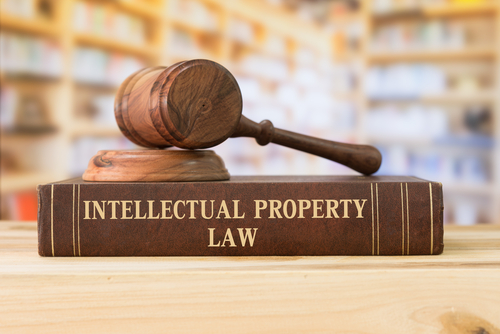
Defend Trade Secrets Act (DTSA) - Westlaw
The DTSA amended the federal criminal code and created a private civil cause of action for trade secret misappropriation. Essentially, it allows trade secret owners to file civil actions for misappropriation in a U.S. district court for trade secret matters relating to products or services in interstate or foreign commerce.
Florida Statutes, Ch. 688. Uniform Trade Secrets Act - Online Sunshine
§688.001 Short title.
§688.002 Definitions.
§688.003 Injunctive relief.
§688.004 Damages.
§688.005 Attorney's fees.
§688.006 Preservation of secrecy.
§688.007 Statute of limitations.
§688.008 Effect on other law.
§688.009 Uniformity of application and construction.

"A claim for misappropriation may exist not only where the defendant itself is alleged to have stolen trade secrets, but also where the defendant is alleged to have obtained the trade secrets while knowing that they were acquired by improper means." Id. at 1294.
This site was written by a law student who has not yet been admitted to a bar and is not licensed to give a legal opinion. This site is intended for informational and research purposes only; it does NOT constitute legal advice and nothing herein should be construed as such. This is an educational site that contains resource samplings, but is not an exhaustive collection. While every effort has been made to ensure that the included hyperlinks connect to the correct website, results are not guaranteed. This site is not updated, nor does it necessarily reflect the current status of the law. Prior to making any legal decisions, you should consult with a licensed attorney in your state. Use of this website, including contact with anyone associated with this site, does not create an attorney-client relationship, nor attorney-client privilege. All liability relating to the use of the information on this site is disclaimed.
© Olivia Lipnic. All Rights Reserved.
